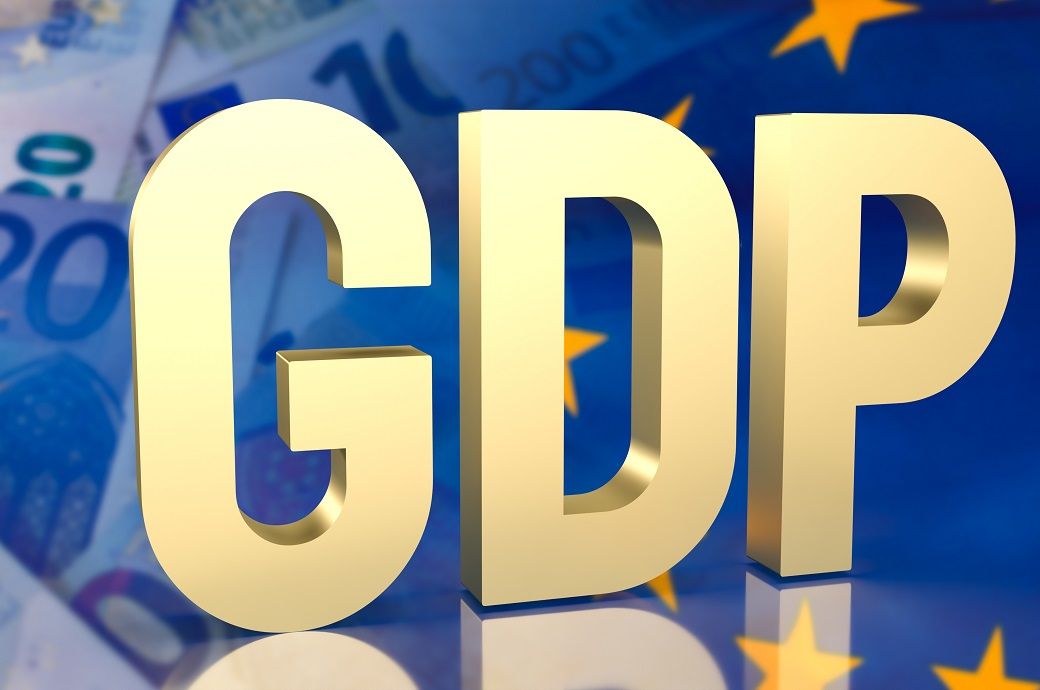
The US-based think tank’s leading economic index (LEI) for the zone declined by 0.4 per cent in March this year to 96.8, following a decrease of 0.3 per cent in February.
Overall, the LEI contracted by 2.8 per cent over the six-month period from September 2024 to March 2025—a slower rate of decline than the 4.2 per cent experienced over the previous six-month period between March and September 2024.
LEI provides an early indication of significant turning points in the business cycle and where the economy is heading in the near term.
The Conference Board coincident economic index (CEI), which provides an indication of the current state of the economy, remained unchanged for the euro area in March this year at 109.4, following a rise of 0.2 per cent in February.
Overall, the CEI rose by 0.5 per cent over the six-month period from September 2024 to March 2025, faster than the 0.2 per cent growth over the previous six-month period.
“As in previous months, all non-financial components weighed on the index [LEI], more than offsetting the positive contribution of financial components. In particular, consumer confidence and manufacturing orders remained weak while activity in the service sector was expected to slow, said Stephanie Guichard, senior economist at the think tank.
“The six-month and annual growth rates of the index, although less negative than a year ago, still point to obstacles to growth ahead,” he added.
ALCHEMPro News Desk (DS)
Receive daily prices and market insights straight to your inbox. Subscribe to AlchemPro Weekly!